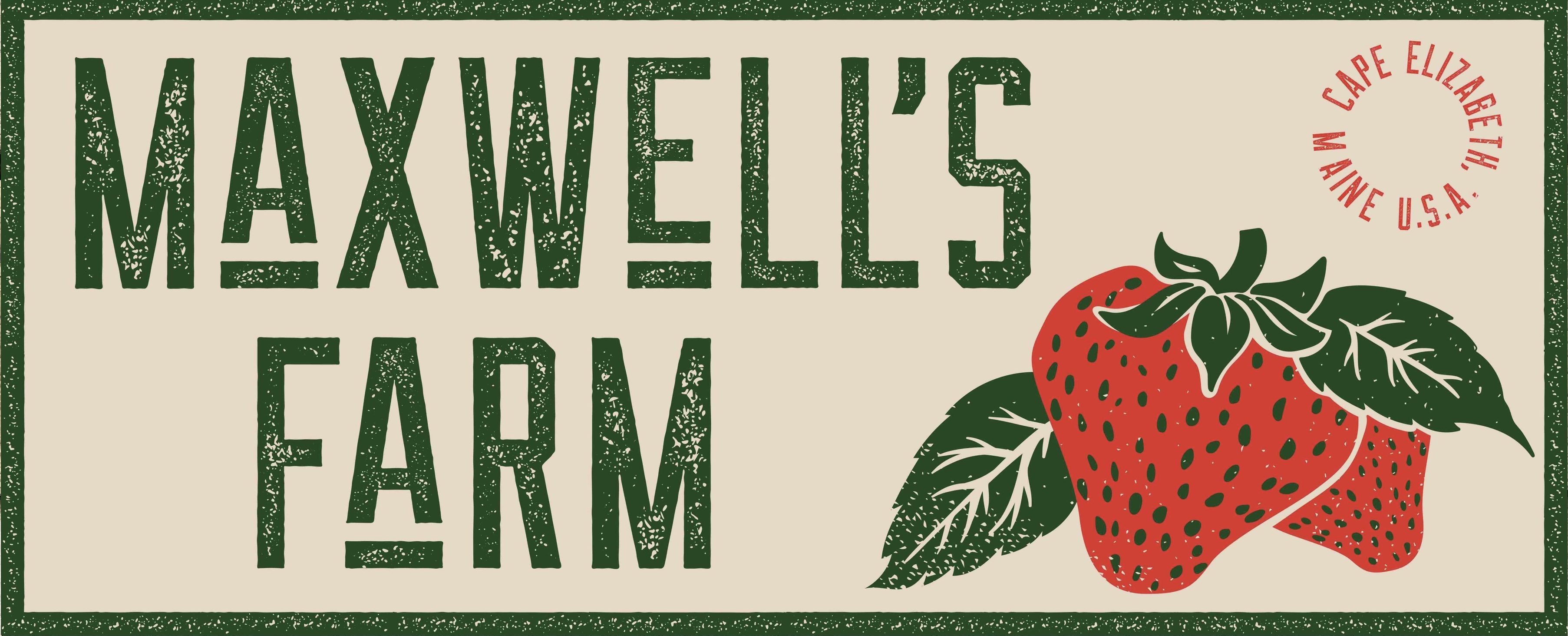Our goal at Maxwell’s is to produce high quality strawberries in a safe, balanced, and cost effective manner. In order to do this we use a variety of production methods.
Whenever possible, we use organic or natural production systems to enhance soil chemistry and plant health. Sometimes, because of the size of our operation, or due to the fact that organic methods are ineffective, we use man-made chemistry to assist our production in a way that has the least risk to us, the crop, and our customers. What does this really mean?
Organic– We will do all we can to boost soil health by rotating crops and using cover crops. (A healthy plant is better at resisting disease and bugs than a sick plant.) We also mow and control weeds/grasses around the fields that would harbor these pests.
Man made chemistry– Synthetic compounds (some of which are approved for organic use) tested & approved by the FDA & applied by a state-approved/licensed applicator. This is done within the Integrated Pest Management (IPM) system.
IPM – Crops are monitored for harmful diseases and insects and for beneficial insects. Potential damage to the crop quality and quantity is determined by independent IPM scouts who, based on their findings, make recommendations.
IPM uses disease and pest resistant crop varieties, which either resist or tolerate key pests while yielding high quality produce with less pesticide use.
IPM uses cultural practices which decrease pest populations. Cultural controls include: crop rotation, managing water and fertilizer correctly and plowing to turn under crop residues to destroy disease and organisms such as fungi and bacteria and the eggs of insect pests and slugs.
IPM also uses pesticides. Pesticides are applied using the lowest rate of the safest and most effective chemical labeled for the crop. When pesticides are incorporated into the system, they are selected on the basis of least toxicity and timed or applied in a manner that eliminates or minimizes contact with fruit.
